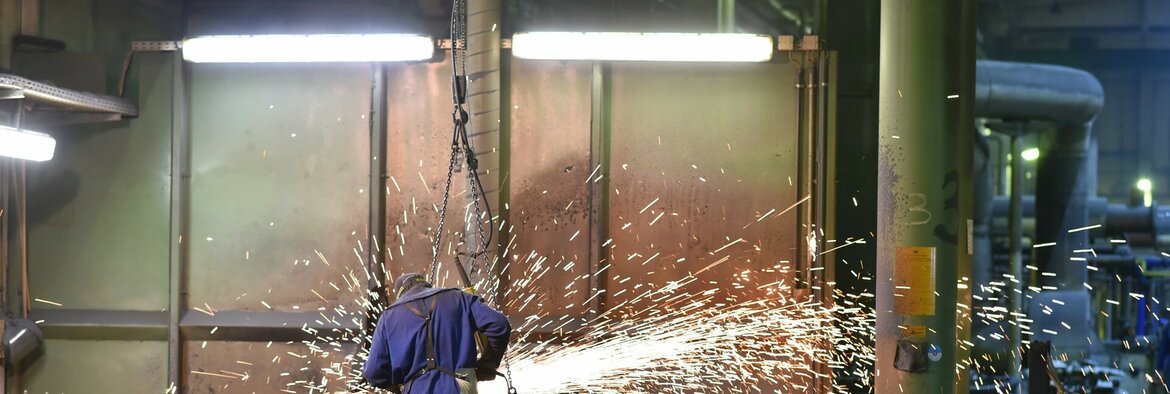
What is ATEX?
ATEX stands for "ATmosphere EXplosible," or explosive atmosphere.
In order to prevent gas explosions or dust explosions, the ATEX legislation was created at the European level. These European directives take precedence over national legislation and are therefore included in Dutch legislation. ATEX Directive 114 has been included in the Commodities Act and ATEX Directive 153 in the Working Conditions Act and the Working Conditions Decree.
The ATEX 114 guideline (product guideline) is meant for equipment that is used in areas that are indicated as hazardous areas according to the ATEX 153. The ATEX 114 is intended for manufacturers because it mainly consists of technical requirements for explosion-proof equipment. This equipment can be recognized by the epsilon x sign.
The ATEX 153 Directive (social directive) deals with the safety of employees and organization, which may be at risk due to possible explosive atmospheres.
The Working Conditions Decree contains the provisions of ATEX 153. This contains the obligations surrounding explosion hazards. Employers must inventory, assess and record explosion risks in a document (EVD document) based on this directive.
What is ATEX lighting?
Explosion-proof Atex lighting for hazardous areas, is designed to withstand harsh conditions. They are used in hazardous environments or where safety is paramount.
Short circuits can occur in luminaires and short circuits often create a spark, this combined with flammable/explosive gases and materials can create a life-threatening situation. ATEX lighting fixtures are designed so that in the event of a short circuit in the fixture no contact can be made with the environment, Atex lighting fixtures are produced from waterproof and explosion proof material/enclosures.
Where can ATEX Lighting be applied?
The ATEX luminaires can be applied in various environments with explosion hazard. The most common application areas are; Petrochemical industry, Chemical industry, Pharmaceutical industry, Marine and Offshore, Automotive, Machine building / OEM, Metallurgy and Gas stations. The type of luminaire depends on the applied ATEX Zone; ATEX Zone 0 (continuous threat), 1 (occasional threat) and 2 (very sporadic threat).
What ATEX Zones are there?
An ATEX environment can be divided into zones, each with its own specific risks and regulations to allow equipment to be deployed. Of the six EX zones, three gas zones and three dust zones are specified where an explosive atmosphere is or may be present.
The gas or vapor explosion hazard zones are designated Zone 0, 1 or 2.
The dust explosion hazard zones are designated zone 20, 21, 22.